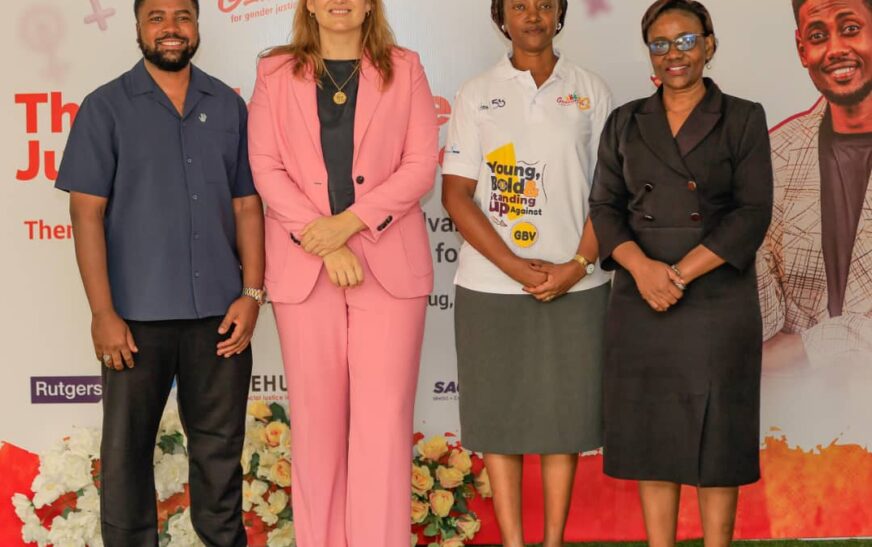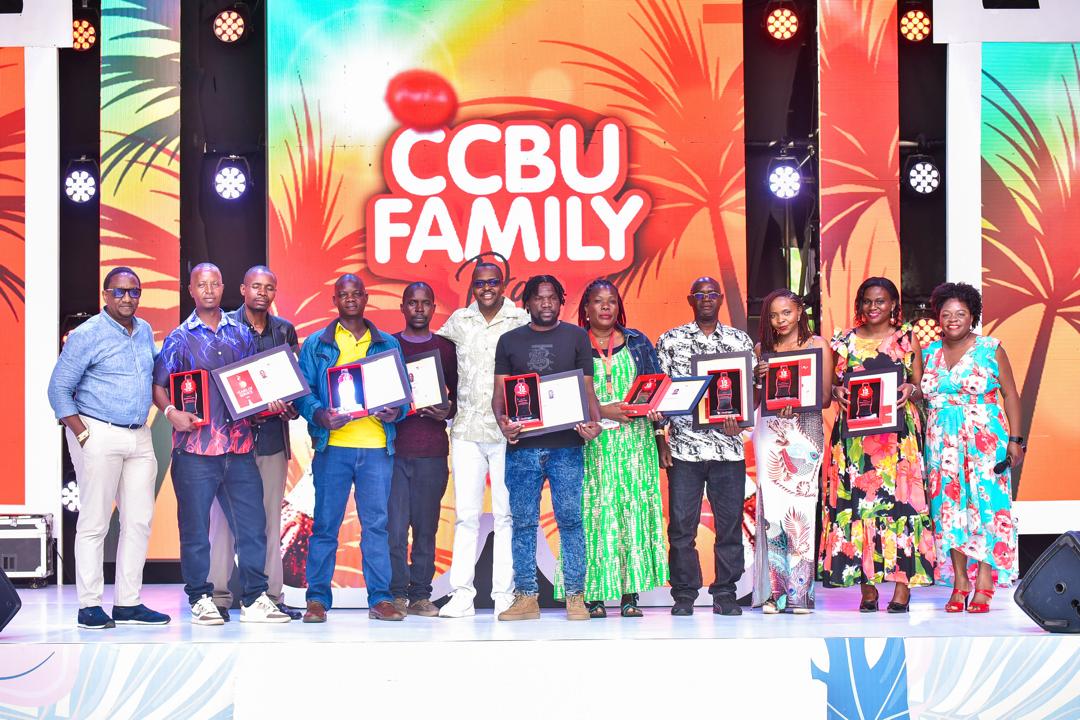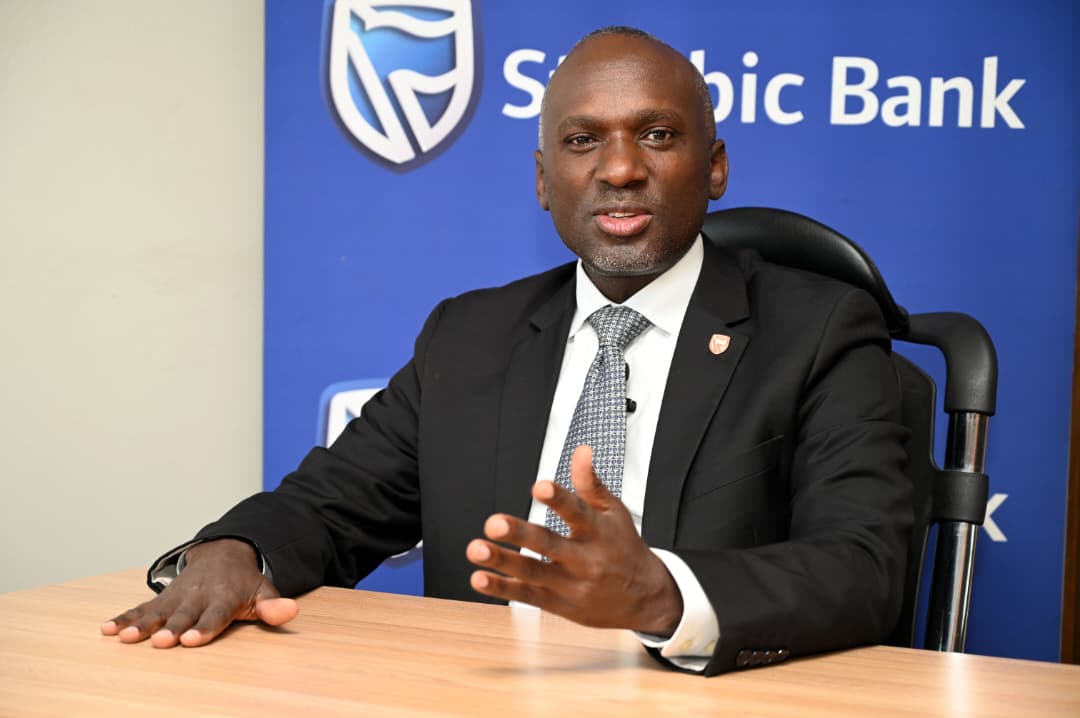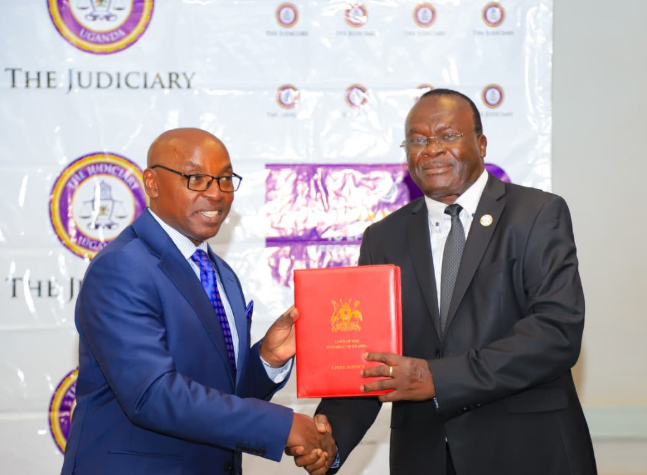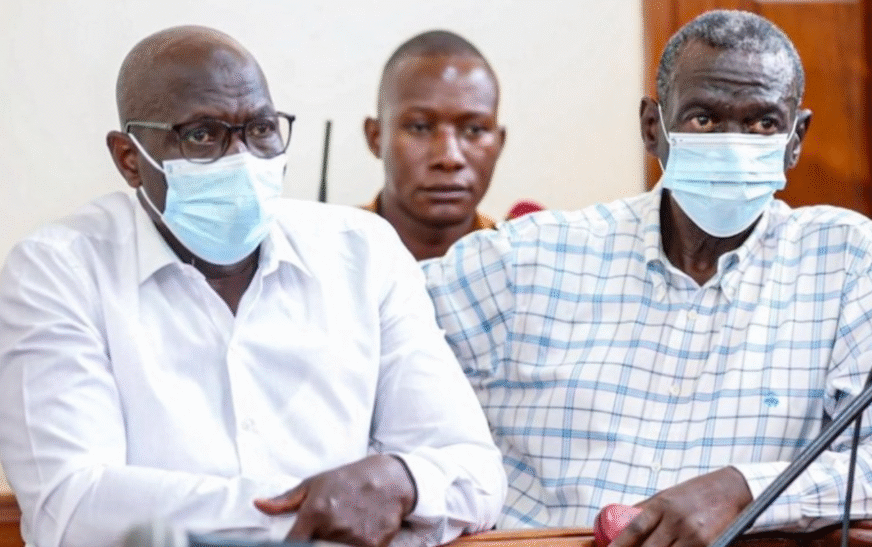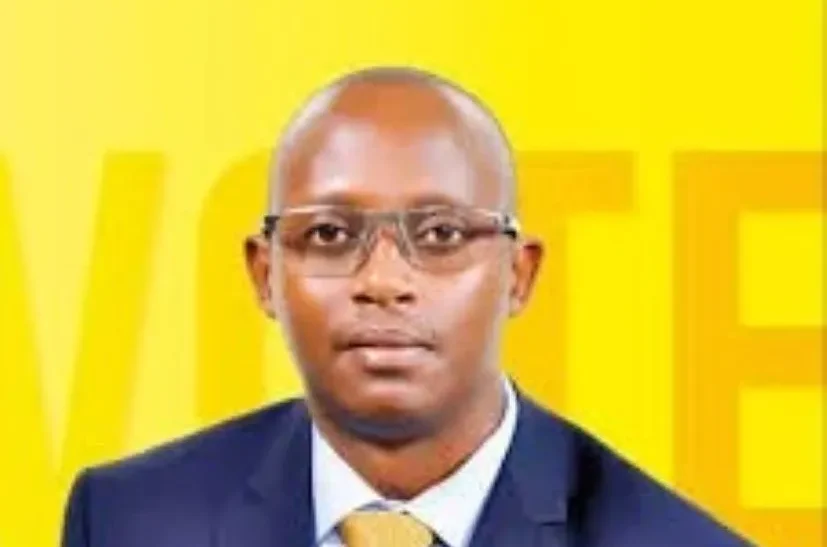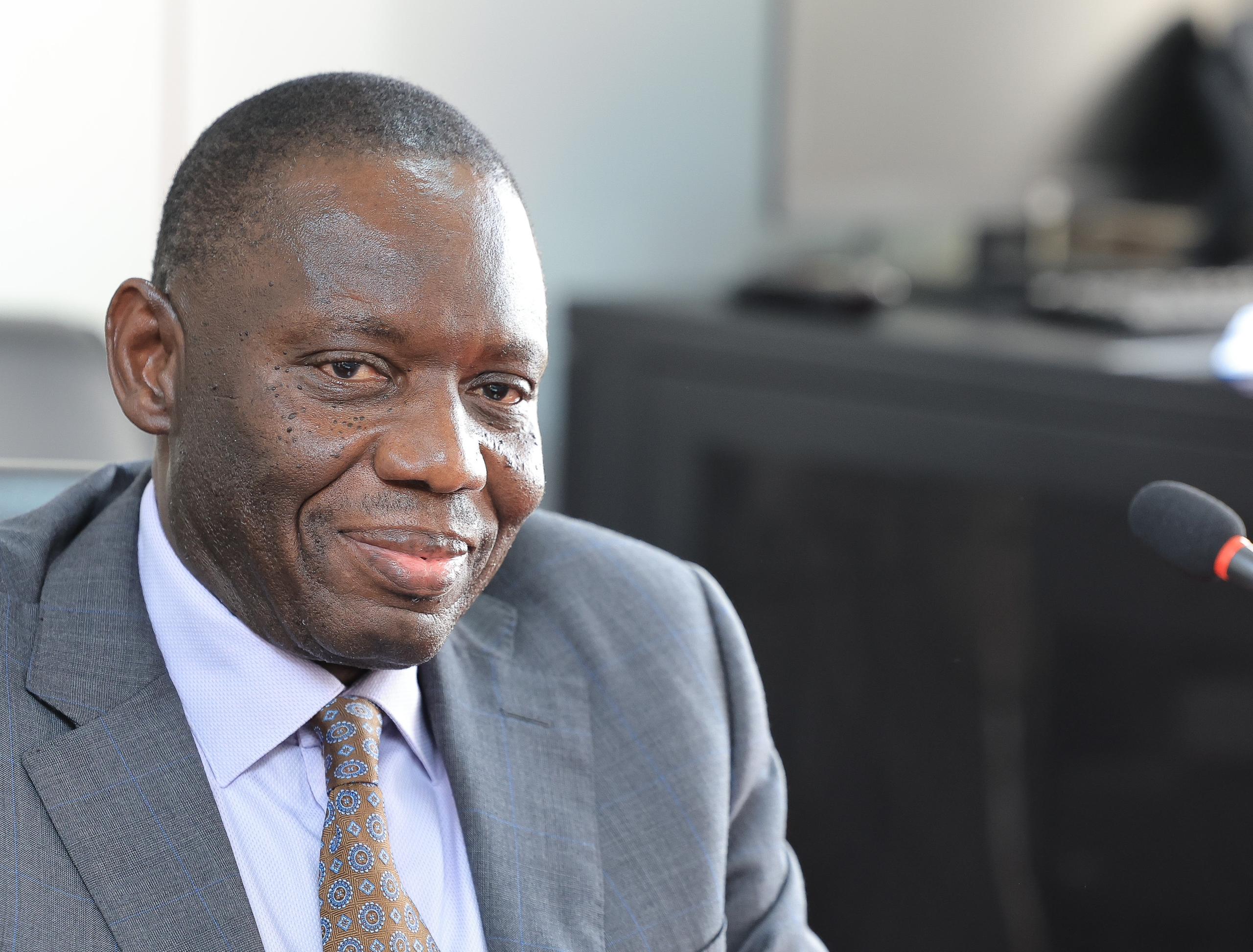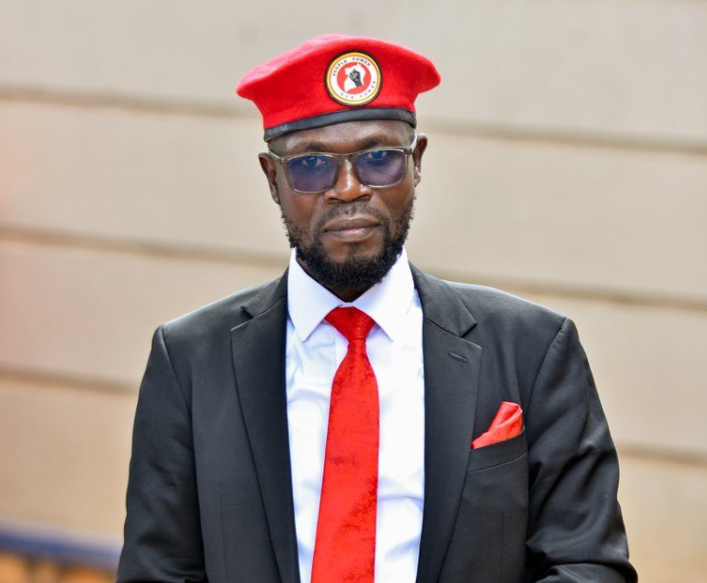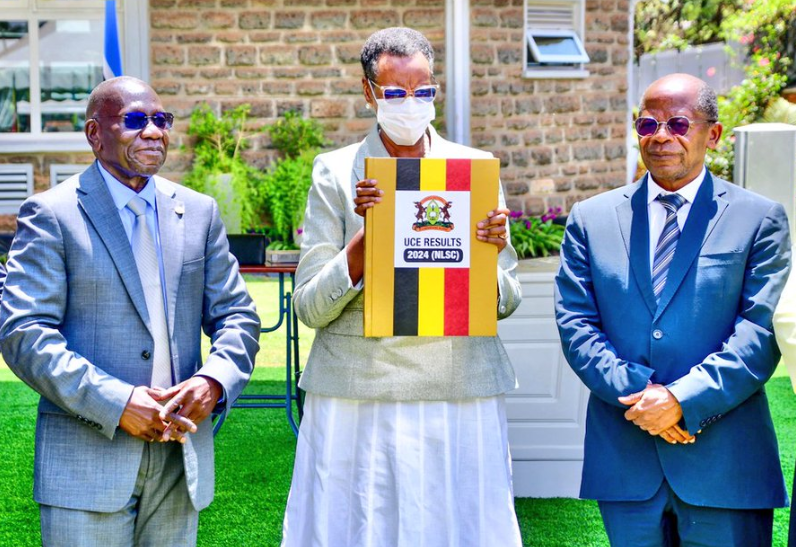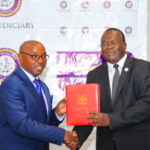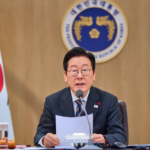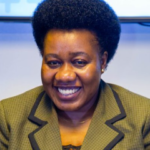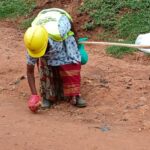Reach A Hand Uganda (RAHU), in collaboration with partners FIDA Uganda and the Center for Health, Human Rights and Development (CEHURD), held a National Gender Justice Dialogue at Golf Course Hotel, Kampala, marking the official close of the Generation Gender (Gen G) project.
Under the theme “Reflecting on Progress, Advancing Gender Justice: Amplifying Voices for Change,” the dialogue provided a platform to assess Uganda’s progress toward gender equality and reflect on Gen G’s contribution to Sustainable Development Goal 5: achieving gender equality and empowering all women and girls.
The event was officiated by the Dutch Ambassador to Uganda, Frederieke Quispel, and brought together government officials, civil society leaders, youth advocates, and community representatives.
“Today’s event is not the end of a project—it is the celebration of a powerful movement that has placed youth, justice, and gender equality at the heart of social transformation,” said Ambassador Quispel. “We are immensely proud to have supported this bold, transformative initiative rooted in the belief that a gender-just and violence-free society is not only possible but urgent and necessary.”
A Five-Year Journey of Impact
Implemented between 2021 and 2025 in six districts—Kapchorwa, Bukwo, Namutumba, Adjumani, Iganga, and Tororo—the Generation Gender project mobilised young people, women, men, and institutions to challenge injustice, harmful cultural practices, and silence around gender-based violence (GBV).
Achievements
Youth-led GBV awareness campaigns that improved reporting rates and increased community knowledge on access to justice.
Legal reforms, such as amending the Sapiny Cultural Constitution to include women and youth representation.
Establishment of Youth-Friendly Corners in hospitals for confidential GBV reporting and sexual and reproductive health services.
Advocacy that extended working hours at Health Centre IIIs, ensuring survivors could access services beyond regular hours.
Targeted support for persons with disabilities (PWDs) and other marginalised groups.
“From six districts, the project has built a movement rooted in shared learning, strong partnerships, and meaningful youth participation for a gender-just and violence-free society,” said FIDA Uganda Executive Director, Lillian Adriko. “Our goal is clear—to turn commitments into lived realities by amplifying young voices, influencing policy, and ensuring gender justice is not just promised but practiced.”
Strength in Partnership
The Dutch government funded the project through its Dialogue & Dissent programme, channelled via Rutgers International and Sonke Gender Justice. The partnership leveraged the expertise of each implementing organisation:
FIDA Uganda: legal expertise, grassroots mobilisation, and establishment of Gender Justice Innovation Hubs in Kapchorwa and Bukwo.
Reach A Hand Uganda: youth mobilisation, peer education, and sexual and reproductive health advocacy.
“We are privileged to have been part of this project, through which we have achieved significant strides, including empowering 583 peer educators annually over the past five years. During this period, we have also seen the birth of new initiatives such as the Bill Now Now youth movement and the GN Trybe youth empowerment programme on SRHR issues,” said Humphrey Nabimanya, Chief Executive Officer of Reach A Hand Uganda.
CEHURD: legal and policy advocacy in the health sector, institutional capacity building, and coordination of the partnership.
“We are grateful for the opportunity to coordinate a partnership that has realised many milestones for gender justice,” said Fatia Kiyange, Executive Director of CEHURD. “Through multi-level collaboration—community, national, and global—we have built a critical mass of gender justice champions, influenced legal and policy reforms, and strengthened institutional capacities to sustain impact beyond the project’s lifespan.”
The project’s advocacy contributed to key policy reforms, including the Gender Policy, Family Succession Amendment Act, Marriage and Divorce Bill, Sexual Offences Bill, and the integration of health education and life skills frameworks.
It also empowered justice sector actors, enhanced accurate media reporting on gender injustices, and amplified Uganda’s voice in global and regional spaces such as the Commission on the Status of Women (CSW) and the Universal Periodic Review (UPR).
Remaining Gaps
While the project achieved significant milestones, challenges remain, including: Persistent social tolerance of certain forms of GBV; limited survivor support services, especially safe shelters; gaps in policy implementation and economic empowerment for women.
“The road ahead remains long,” Ambassador Quispel emphasised. “But transformative change is possible when we all think and work together—across generations, genders, professions, and borders.”
The partners called for sustained collaboration, scaling up of successful interventions, and continued government engagement with youth and civil society to ensure gender justice remains a lived reality for all Ugandans.

